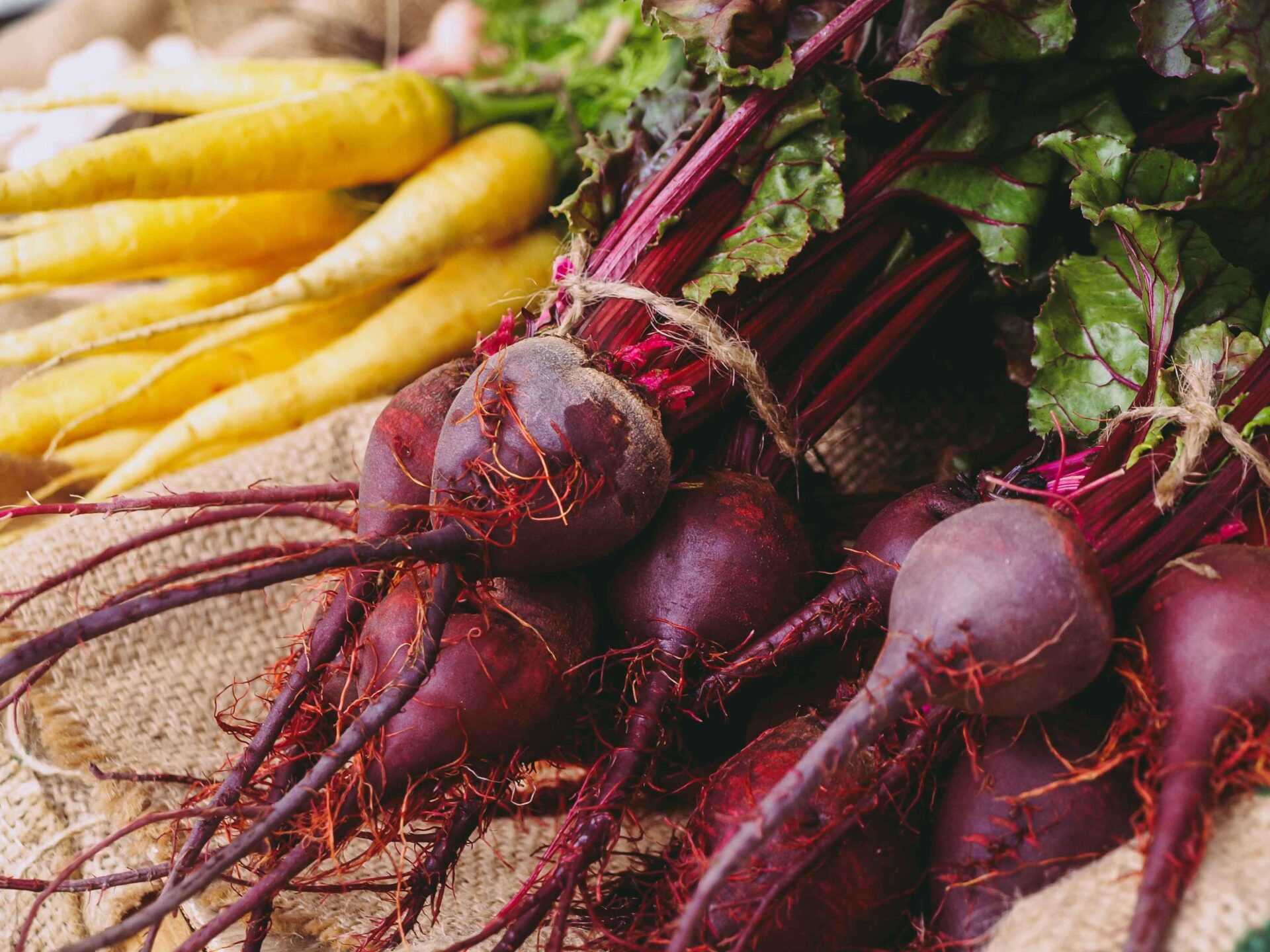
Nutritious Foods to Eat this Winter
Blog content provided from the legendary team at Northern Inland Academy of Sport
With Winter well and truly showing its face, why not take a look at how to boost your nutrition levels and keep your immune system functioning.
Maintaining a healthy and balanced lifestyle isn’t always easy. Keeping on track of your fitness is one thing, but planning meals and eating healthy is another. Here is what’s veggies are in season this Winter and the health benefits you can get from adding these foods into your weekly diet.
These days you can get carrots pretty much all year ‘round, but they often flourish in the cooler months. This root vegetable will not only give your platter some vibrant colour, but it is also packed with nutrients. Have you ever heard the saying you can see in the dark if you eat enough carrots? Carrots contain Vitamin A which, like many vitamins, is good for your immune system, but it is also good for your vision. Carrots might not provide you with complete night vision, but they do help to keep your corneas in check. Next time you cook up a stir fry, why not add some chopped carrots to the mix! Here’s a recipe we love that includes carrots.
Another root vegetable that prefers to grow in the colder months is beetroot. Again, this is another vegetable vibrant with colour that contains some different health benefits to its orange-coloured neighbour. As beetroots are a good source of fibre which has been attributed to better gut health, eating these vegetables can help to regulate bowel movements. Beetroots are also rich in nitrates which have been said to improve athletic performance and reduce blood pressure. Adding beetroots to your diet this winter will not only bring a colourful punch to your meals, but has some great health benefits too. Roast them in the oven to have with other vegetables, in a salad, or even turn them into a soup. We’ve found some awesome meal ideas featuring beetroot here.
Similar to carrots, pumpkins contain beta-carotene (essentially what gives carrots and pumpkin their orange colour), which the human body converts into vitamin A. Pumpkins also have vitamin C and vitamin E which contribute to healthy skin. All of these vitamins can play a positive role in boosting the immune system and can be a staple in your winter meal prep by roasting pumpkins in the oven, turning them into a soup, or making pumpkin hummus for a nice snack throughout the day.
Whilst not a vegetable, parsley has plenty to give. Not only is this little green herb full of vitamin A and C, it also contains ample amounts of vitamin K. Vitamin K is said to increase bone health which is most commonly needed for healthy blood clotting and assists your body in helping to stop bleeding from an open wound. You can add more parsley to your food intake by eating tabouli, putting it into soups, chopping it into salads, or adding it to a homemade rub for your favourite cut of meat.
Of course the above are just the basics behind some of the benefits these foods can play in your overall health, and can be relatively easy to grow in your own garden! If you’re looking to expand your knowledge on other vegetables and their benefits, we’ve got the blog for you here.
To learn more about fitness and wellbeing on or off season visit the Wellness Hub.
Be sure to keep up to date with the awesome NIAS athletes here.


